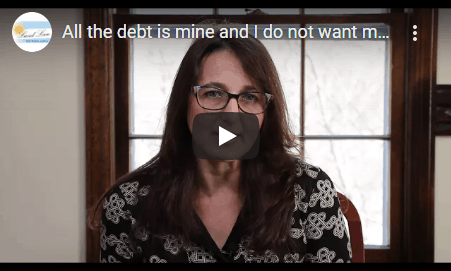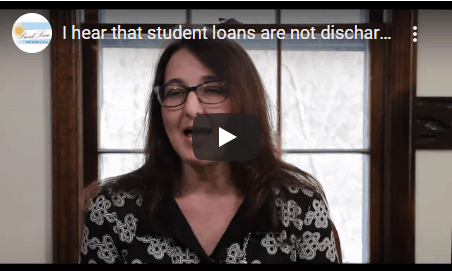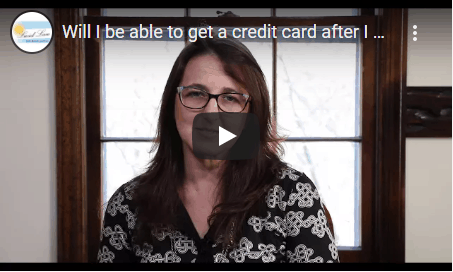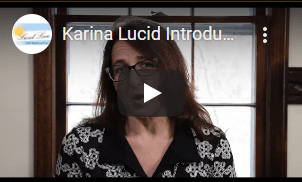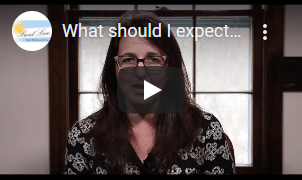Chapter 13 Bankruptcy
A Chapter 13 bankruptcy is also known as a “wage earners plan.” This form of bankruptcy allows individuals with regular incomes to establish plans to repay their debts. During the course of a Chapter 13 case, creditors may not, without prior permission from the Bankruptcy Court, start or continue their collection efforts. A chapter 11 bankruptcy is also a form of bankruptcy which generally involves a repayment plan, but Chapter 13 bankruptcy proceedings are less complex and move along more quickly than Chapter 11 filings.
STEPS TO THE CHAPTER 13 BANKRUPTCY PROCESS
What are the requirements for a Chapter 13 bankruptcy?
Under Chapter 13 of the Bankruptcy Code, debtors propose an installment plan to repay all or some of their debts during a period of either three or five years.
Under federal law, any individual, even those self-employed or running an unincorporated business, may qualify for Chapter 13 relief as long as their secured and unsecured debts do not exceed the amounts permitted by the Bankruptcy Code. As these amounts change periodically, it is critical to discuss these thresholds with your attorney. Chapter 13 is for individuals only; business entities, corporations and partnerships do not qualify for Chapter 13 bankruptcy.
Can your debts be eliminated by a Chapter 13 bankruptcy?
Bankruptcy proceedings are comprised of dischargeable and nondischargeable debts. In a “straight” Chapter 7 case, you are not required to pay back nondischargeable debts, and creditors may not demand payment. Nondischargeable debts are those you’re still responsible for after any bankruptcy proceeding. The case is different for Chapter 13 bankruptcy.
What is Loss Mitigation?
Some individuals who are having trouble obtaining a loan modification their home mortgage and who qualify for a Chapter 13 bankruptcy proceeding, will also utilize the Loss Mitigation process available through the New Jersey Bankruptcy Court.
Loss Mitigation is a court-supervised loan modification process. It is far more likely to yield desirable results, stop foreclosure, and put your mortgage payments bank on track, than an ordinary, out-of-court loan modification process.
Ask your New Jersey bankruptcy attorney to help you learn more about the Loss Mitigation process and whether it can help you.
Free Consultation. Lucid Law can help you get control over your finances. Contact us for a free consultation to learn more about filing for Chapter 13 bankruptcy.
Ready to get started on your fresh start ?
Call Now (908) 350-7505 and let us lead you to a brighter future!

